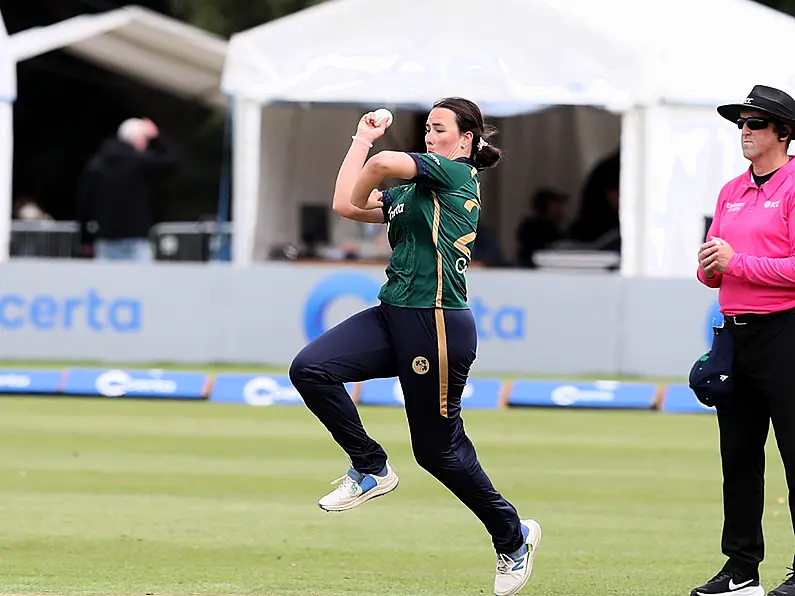The results of this study conducted on the impact sport has on girls' mental health may shock you , especially given the high drop out rate that is a known reality when it comes to the involvement of teenage girls in sport.
Research carried out by the Women’s Sport Foundation in America, titled ‘Thriving Through Sport - The Transformative Impact On Girls' Mental Health’, discovered playing sport helps to decrease mental health disorders such as anxiety and depression, and even aids the development of peer relationships and a sense of belonging in one's self.
It found that mental health disorders and 1.5 to 2.5 times lower for girls who play sports in comparison to those who don’t, and that those who do engage in physical activity report stronger connections with peers and higher levels of meaning and purpose, up to 1.5 times higher than those who don’t.
View this post on InstagramAdvertisement
Furthermore, the results show that 29% of girls who have never played sports have moderate to high levels of depression symptoms, in juxtaposition to 17% of girls who do currently play sport, no matter their race, family background/income, parent education, sexual identity and disability status.
The different conditions within the environment they play sport also has an enormous affect.
The study details that in sport settings that focus on effort, improvement and teamwork, depression symptoms are significantly lower than in settings where the main goal pertained to winning and success, with a vast difference from 9.3% to 24.7%.
The findings also showcase how a girl who plays multiple sports is positively affected for doing so, in comparison to those who play no sport.
The research describes how rates of clinical depression are 3.3 times lower for girls who play more than one sport compared to those who don’t play, while girls who play sport for more than five years are 3.6 times less likely to be clinically depressed than those who don’t play.
It’s also stated that those who play sport are more likely to be involved in other activities too, varying from other clubs, to community activities and academic enrichment practices.
Finally, the key details also report that “the protective and promotive benefits of sport for mental health are unique relative to other extracurricular activities”, considering how “hen comparing the number of activities, number of years engaged, and hours a week of participation, girls who participate in sport have lower levels of depression and anxiety, and higher levels of peer relationships and meaning and purpose than girls who only participate in non-sport extracurricular activities.”
The conclusion describes how this could possibly relate to pre-existing health recommendations that advise 60 minutes of exercise daily.
The study did however point to how there are still many hurdles in the path of girls becoming involved in sport, with differing levels of participation depending on the person’s race, socio economic background, disability and sexual orientation.
It concludes by offering policy and practice recommendations in the hopes of continuing to improve the environment for girls in sport, for a fundamentally positive impact all around.












